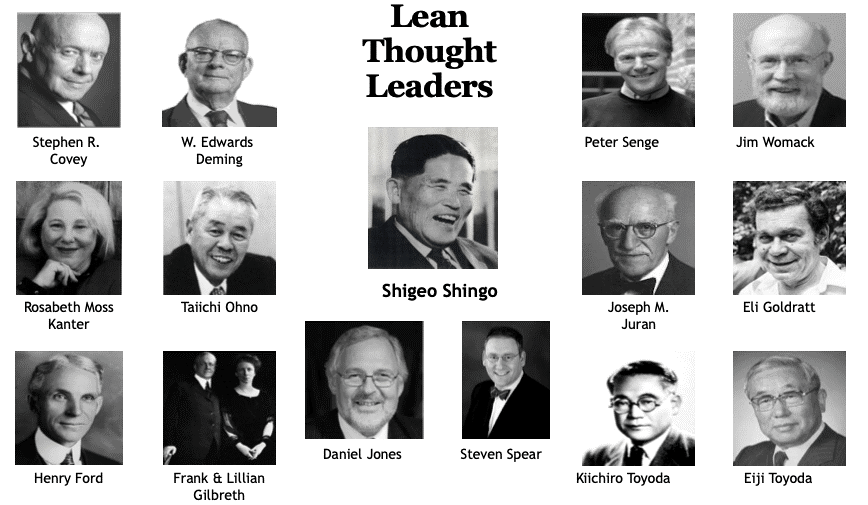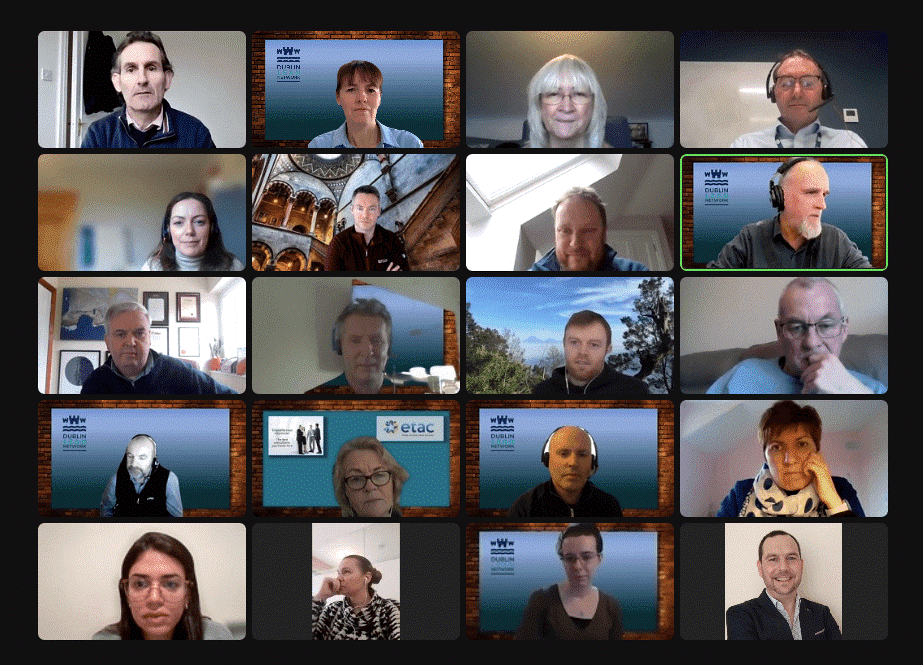
Last week, we welcomed over 25 people to our first event for the Dublin Lean Network in 2022. We were delighted that Eilish Henry agreed to deliver a presentation webinar on Lean & the Shingo Model.
Eilish Henry
By way of background, Eilish Henry is the Director for Europe of SISU Consulting Group. Eilish was the first Shingo global coach and facilitator appointed in Europe. Over the past 12 years she has supported 37 organisations to achieve all levels of Shingo recognition. This includes all but one of Ireland’s Shingo Award Recipients. In particular, she has supported 12 out of the 20 most recent Shingo Prize recipients.
As Director of SISU Europe Eilish has continued to support companies in Ireland and around the globe to progress on their OpEx journeys. This includes providing direct support to 12 of the 17 most recent Shingo Prize recipients. In addition to those listed above, this includes: Newsprinters Motherwell; Abbott Diagnostics Longford; Boston Scientific Cork; Abbott Nutrition Sligo; AbbVie Sligo; Abbott Nutrition Granada; Abbott Manufacturing Singapore; Abbott Nutrition Sturgis; ANSC One China.
In 2004, she was awarded the Order of the British Empire (OBE) for her work in leading large cultural change programs in the UK public sector.
Networking
Eilish started off by saying that Ireland is very good at networking, and we are recognised globally for building strong networks and sharing our experiences and learning. She said that this is one of the reasons why Ireland has more Shingo Award recipients per head of population than any other country in the world.
She also went on to commend Enterprise Ireland, the IDA and Universities for supporting Lean initiatives such as the Dublin Lean Network.
Press play to view the webinar recording.
Lean Overview

History, Influencers & Evolution
Eilish traced the history of Lean back to the 1400s in Italy when they were building ships. During this time, the Venetian shipbuilders focused on Flow and what this meant for the production process. She mentioned Henry Ford in the early 1900’s as well as FW Taylor, Toyota and Shigeo Shingo and W. Edwards Deming. Indeed, some of the Lean Thought Leaders include the following.
Next, Eilish went on to dispel several Lean Myths.
Dispelling Some Lean Myths
Firstly, Lean should be part of how we run our business every day. It is fundamental to how a company does business on a daily basis. Actually, it is not an optional initiative. Every member of the company, including senior management and all functional areas, must commit to and actively participate in Lean.
Furthermore, Lean is applicable to a wide range of industries and sectors, not just manufacturing. In a Lean company, employees are empowered to take control of their work environment and processes. It’s not an excuse to cut overall staffing and resources. In fact, team members get new skills because of Lean, which improves their job options and increases the flexibility of the organisation. Finally, Lean helps a company achieve and maintain greater levels of productivity and quality.
High Failure Rates in Lean Transformation
Then, Eilish asked the question “If Lean sounds so good, why do we have such high failure rates of Lean Transformation?” She said that the failure rates can be anywhere between 75% and 95%. So, why is this happening? Eilish suggested that some of the reasons are around the perceived gaps or deficits in Lean. There is a perception that there is little or no focus on:
- Culture and Behaviour – the focus is primarily on the use of Lean Tools and building Lean systems but not the people who use those tools and systems.
- Employee Safety.
- Long-Term Vision & Planning for achieving that vision.
- Core Purpose of the organisation.
- Continuity Planning/Disaster Recovery.
The Shingo Model
The Shingo Model has been described as a model for operational excellence and this Shingo model addresses these perceived gaps. The Model’s essential elements are depicted in the diagram below, with Culture and People at the centre. Without the Guiding Principles, we are unable to build the right Culture. In addition, our Systems and Tools to support the Behaviours will not be sustained. Ultimately over time, the initial results that we achieve will diminish. The Shingo Model emphasizes the importance of People, as well as the creation of excellent Systems and the application of appropriate Tools.

Three Elements – People, Process & Purpose
If we think about any organisation, we can look at them in terms of 3 elements. These Principles are fundamental to the success of Lean organisations. She also reiterated that all members of a business should be involved in Lean – from senior management to the shopfloor.
People
Cultural Enablers
- Respect every individual
- Lead with humility
Process
Continuous Process
- Assure quality at source
- Improve Flow & Pull
- Seek perfection
- Embrace scientific thinking
- Focus on process
Purpose
Enterprise Alignment
- Create value for the customer
- Create constancy of purpose
- Think systemically

Frequently I am rebuffed by people who say – I am too busy for continuous improvement! I tell them, you will stop being too busy when you are dead, or bankrupt!
Shigeo Shingo
Upcoming Event February 2022
Our next event for the Dublin Lean Network is a virtual site visit at Alexion Pharmaceuticals in February 2022 when they will be looking at tracking software. If you would like to be invited to this webinar, please register for the Dublin Lean Network below. Please connect with us on Linkedin.
Alexion’s global supply chain and operations headquarters have been located in Blanchardstown, Dublin, since 2013. In addition to housing a large-scale biologics production facility, the location also houses packaging and testing operations in support of their Global Manufacturing network. In Athlone, work on a second biologics manufacturing facility has commenced, which will be added to the existing fill-finish facility.
Alexion’s investments in Athlone and Blanchardstown have resulted in a considerable number of local job possibilities, including both construction jobs and full-time Alexion positions. The development of their Irish facilities will be at the forefront of this critical work globally as they continue to pursue their objective of assisting patients with rare diseases.


